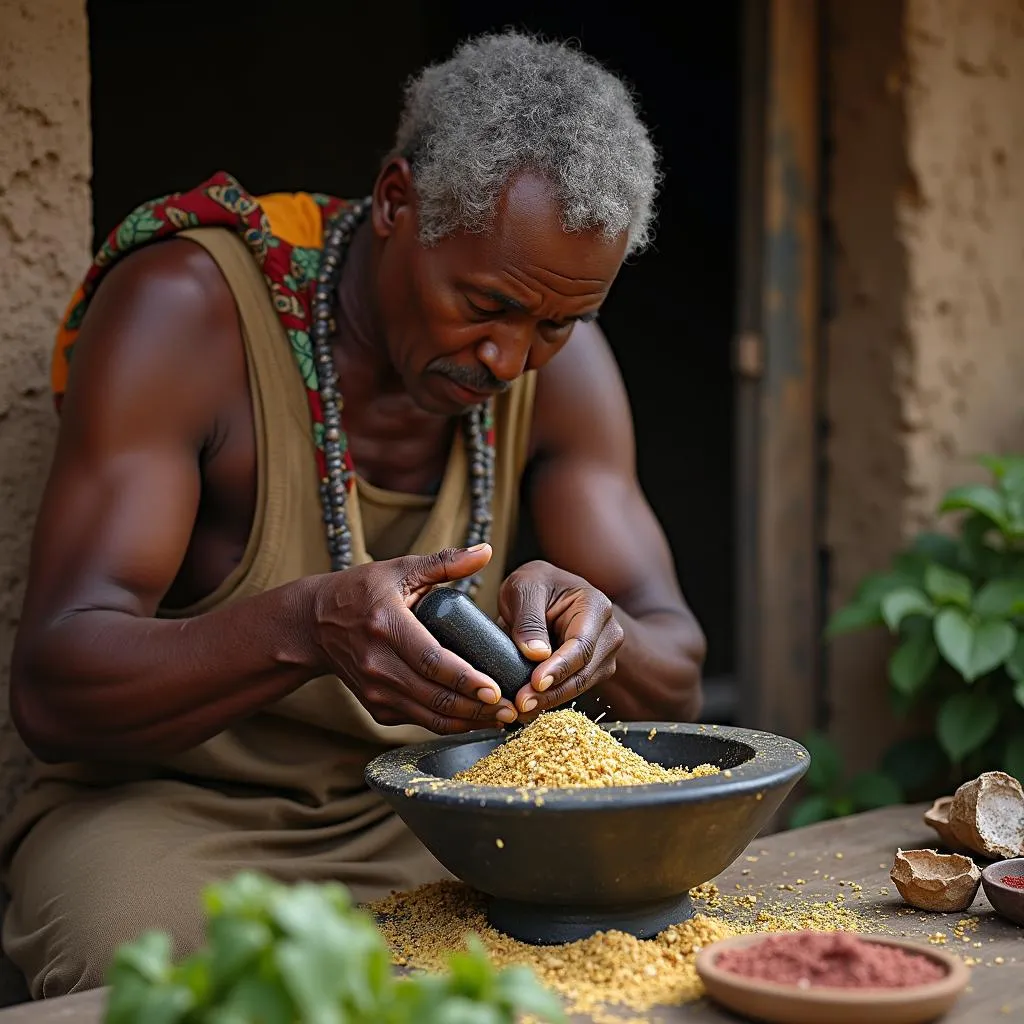A Deep Dive into African American Urban Fiction: Exploring the Genre’s Rich History and Contemporary Landscape
African American Urban Fiction is a vibrant and compelling genre that has captured the imaginations of readers worldwide. This genre, often characterized by its focus on the lives, struggles, and triumphs of African Americans living in urban environments, has become a powerful platform for exploring social issues, cultural identity, and the complexities of contemporary black life.
The Birth of a Genre: Tracing the Roots of African American Urban Fiction
The roots of African American urban fiction can be traced back to the early 20th century, with writers like Zora Neale Hurston, Richard Wright, and James Baldwin laying the groundwork for the genre’s development. Their works, often set in the urban landscapes of Harlem and Chicago, explored themes of racial prejudice, poverty, and the search for identity.
The Rise of Urban Fiction in the 1990s and Beyond
The 1990s witnessed a surge in popularity for African American urban fiction. Authors like Terry McMillan, Alice Walker, and Toni Morrison penned novels that captured the experiences of black women navigating love, family, and societal pressures in urban settings. These books resonated with a broad audience, solidifying the genre’s position within contemporary literature.
Exploring the Genre’s Key Elements
African American urban fiction is defined by a range of common elements, including:
- Urban Setting: The genre often takes place in urban environments, reflecting the realities of life in inner cities.
- Black Characters: African American characters are central to the genre’s narratives, showcasing their diverse experiences, perspectives, and struggles.
- Social Issues: The genre often tackles important social issues, including race, poverty, crime, and inequality.
- Romance and Relationships: Love and relationships are prominent themes, exploring the complexities of romantic connections and the dynamics of family and community.
- Gritty Realism: The genre is known for its realistic portrayals of urban life, often featuring graphic depictions of violence, poverty, and social injustice.
Contemporary African American Urban Fiction: Exploring the Genre’s Continued Evolution
African American urban fiction continues to evolve, with new authors and voices emerging to broaden the genre’s scope and address contemporary issues.
Themes and Topics: Exploring the Spectrum of Black Life
Contemporary authors are exploring a wider range of themes, including:
- Black Masculinity: Writers are examining the complexities of black masculinity, challenging stereotypes and exploring the impact of societal pressures on black men.
- Black Feminism: The genre is increasingly embracing black feminist perspectives, offering nuanced explorations of women’s experiences and the intersections of race, gender, and sexuality.
- Black Queer Identity: Authors are creating space for black queer characters, exploring their identities, struggles, and the nuances of their experiences.
- Social Justice and Activism: Contemporary works are reflecting the growing awareness of social justice movements and the fight for equality.
New Voices and Innovations: Breaking Boundaries and Pushing the Genre Forward
New authors are bringing fresh perspectives and innovative storytelling techniques to the genre. They are employing:
- Literary Techniques: Writers are experimenting with experimental writing styles, breaking from traditional narrative structures and incorporating elements of poetry, music, and visual art.
- Multicultural Perspectives: The genre is becoming more inclusive, incorporating characters and narratives from diverse cultural backgrounds within the African diaspora.
- Digital Platforms: Authors are leveraging digital platforms to reach wider audiences and engage readers in new ways.
The Impact of African American Urban Fiction: A Genre that Reflects, Shapes, and Inspires
African American urban fiction has had a profound impact on contemporary literature and society:
- Elevating Black Voices: The genre has given voice to the experiences of African Americans in urban environments, offering a platform for sharing their stories and perspectives.
- Challenging Stereotypes: By presenting complex, nuanced characters and narratives, the genre has challenged negative stereotypes and contributed to a more inclusive representation of African Americans in literature.
- Promoting Social Awareness: Urban fiction often sheds light on social issues, prompting dialogue and action around racial inequality, poverty, and other pressing concerns.
“The genre has become a mirror reflecting the complexities of black life in urban environments, while also offering a platform for hope, resilience, and the pursuit of a better future.” – Dr. Maya Jackson, Professor of African American Literature at the University of California, Berkeley
FAQ: Frequently Asked Questions
1. What are some popular authors in African American urban fiction?
Some popular authors include Terry McMillan, Alice Walker, Toni Morrison, and many more. You can find a list of African American female mystery writers here: [african american female mystery writers](https://omenkamag.com/african-american-female-mystery-writers/)
2. What are some key themes explored in the genre?
Common themes include race, poverty, crime, love, relationships, family, and social justice.
3. How has the genre evolved over time?
Contemporary authors are exploring a wider range of themes, including black masculinity, black feminism, black queer identity, and social justice activism.
4. What are some recent examples of African American urban fiction novels?
Recent examples include “The Hate U Give” by Angie Thomas, “The Water Dancer” by Ta-Nehisi Coates, and “Queenie” by Candice Carty-Williams.
5. How can I learn more about African American urban fiction?
You can explore online resources, attend literary events, or join book clubs dedicated to the genre.
African American urban fiction continues to be a powerful and dynamic genre, offering a unique perspective on the African American experience. It’s a genre that deserves to be explored, discussed, and appreciated.


